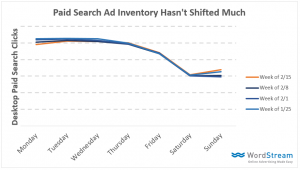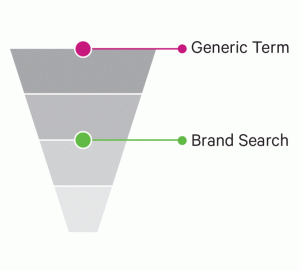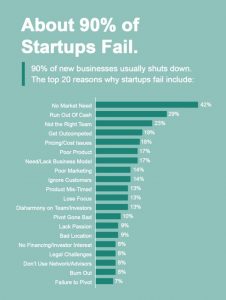The Clubhouse app is a new, exclusive, and invitation-only social network that runs on the iPhone (although new versions now run on Andriod devices); adding drop-in chat functionality. Excellent marketing and the exclusivity of this app, combined with high-profile users like Elon Musk, drove downloads to over 8 million in the year since its launch.
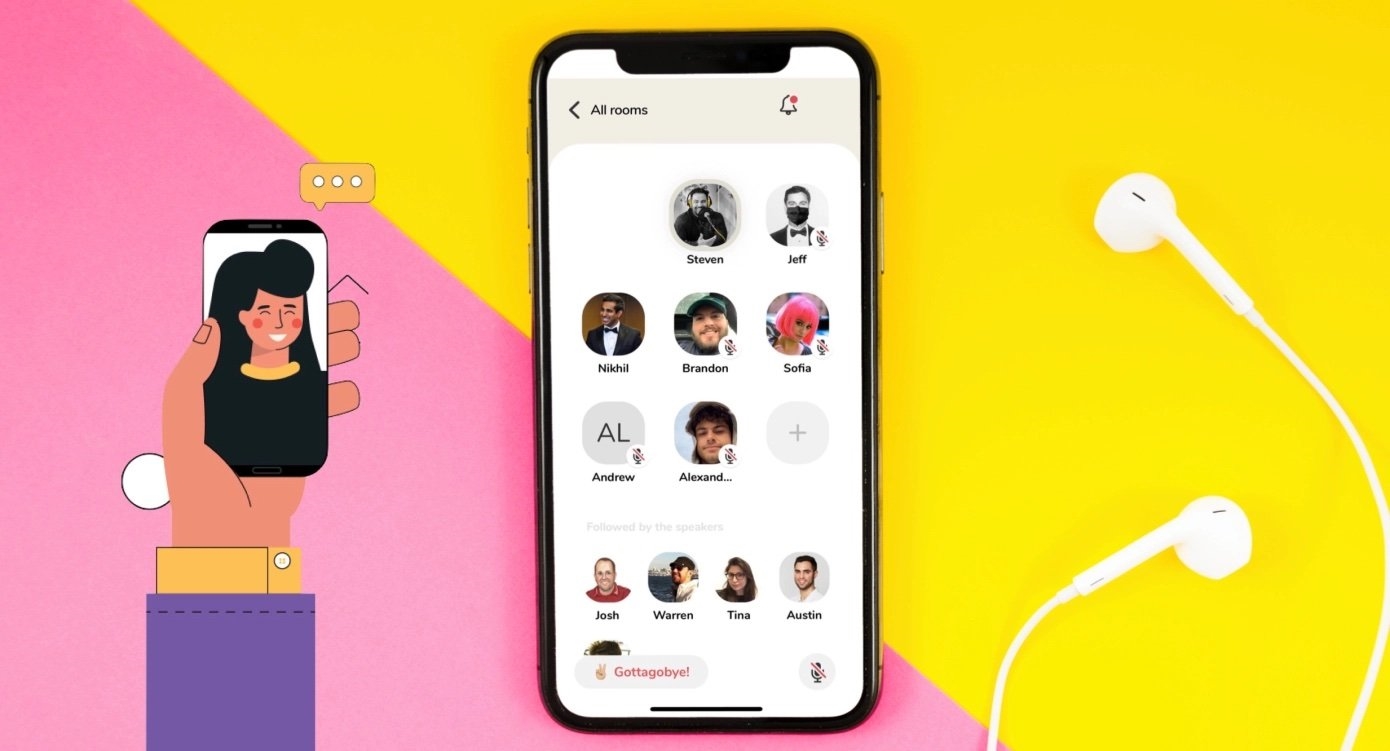 Image courtesy of Techcrunch
Image courtesy of Techcrunch
With a significant number of downloads, the developers have high hopes Clubhouse can outstrip other social media apps. We wondered whether a fully interactive audio app would kill podcasting or, as used by some, supplement their podcasting by making it interactive.
How does the Clubhouse App work?
The clubhouse app is an innovative hybrid between social networking, podcasting, and live radio chat shows. You can join Clubhouse in two ways; either using an invitation from an existing user or by downloading the app and joining a waiting list until space opens up for more users.
Once you’re in the Clubhouse, you specify your interests and join interactive audio chats containing specific conversation rooms at certain times. The room closes once the discussion is over, so you can only join a discussion at the specified times, with no possibility of listening to it later, as you can with podcasting.
The app is currently only available to iOS users with version 13 or higher, restricting it to a little under 60% of the US market and around 14% of the global market. Since the initial submission of this post, a new Andriod version is now available in the Google Play store, opening up the app to most of the global population.
Clubhouse comparisons
The app is the first of its kind, so we can’t compare it to direct competitors. Instead, we’ll compare it to podcasting, live radio shows, and social networking in general.
Clubhouse vs. podcasting
A podcast is a prerecorded audio file that users download and listen to at their leisure. Radio and TV stations often make podcasts of interesting shows or interviews available for their listeners to download or stream whenever they have time to listen to them.

Image courtesy of How Stuff Works
The difference between podcasts and radio is that radio is broadcast to a broad audience at specific times. In contrast, users choose podcasts to download and listen to at their leisure. You can also present a podcast as a series or audio blog for users to download. Both radio and podcasts are static presentations of material usually around a topic. There’s a lot of interaction between the two, as shows often save their transmissions as podcasts, sometimes adding additional content unique to the podcast.
Over 80 million Americans listen to podcasts weekly, favoring well-constructed, informational content. Advertising revenue from the industry is estimated to reach $ 1.1 billion this year, with 38% of listeners reporting that they purchased products mentioned in podcasts. Below are some of the biggest podcasting shows.
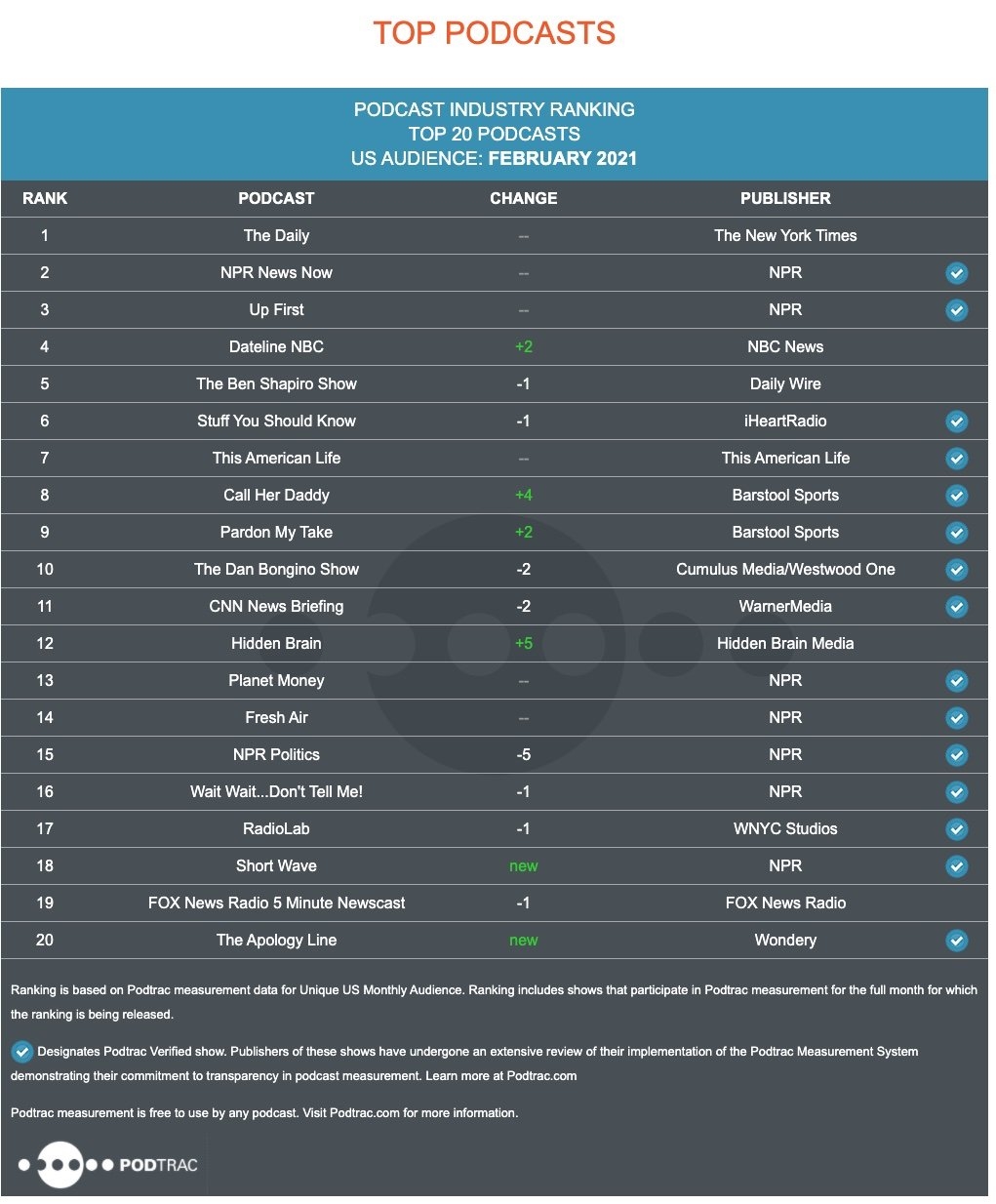
Image courtesy of Podtrac
The Clubhouse app provides a very different experience, making the discussions live (in real-time) and interactive. A conversation room opens at a specific time and closes after the discussion. Users join the discussion at the pre-arranged times and can’t download or listen to the audio later.
Because the room is interactive and live, trolls or hecklers sometimes prevent you from making your point or providing relevant information. As you can see from this analysis of Clubhouse vs. podcasting, the two formats have differences in presentation and target audience.
Clubhouse vs. live radio
During live radio talk shows, the station invites listeners to call and take part in the discussion. The station broadcasts these shows at predetermined times, and successful callers have their say on the show after a screening process that eliminates some callers based on criteria established by the station or individual talk show personality.
The conversation rooms in the Clubhouse provide the same service with the added advantage of guaranteeing listeners the chance to participate in the discussion as long as they can break through the noise. There’s no screening process, and anybody can have their say.
Each Clubhouse room has a host whose job entails controlling the conversation, much like a moderator at a debate. The host tries to draw out reticent users to get more diverse opinions while trying to gently shut down hecklers to make a safe space for everyone.
The process on the Clubhouse app is less controlled than on radio stations, with only one caller having the opportunity to ask questions at a time on the radio. The Clubhouse app sacrifices structure and order in favor of increased participation.
Clubhouse vs. other social media
Although Clubhouse only supplies audio, it brings people interested in the same subjects together in real-time. When users post on Twitter, Facebook, or Instagram, the post remains until they, or the platform, remove it while, at the same time, making posts less visible as new posts push the post down the timeline. Other users have the opportunity to comment and share their own opinions as long as the post remains visible.
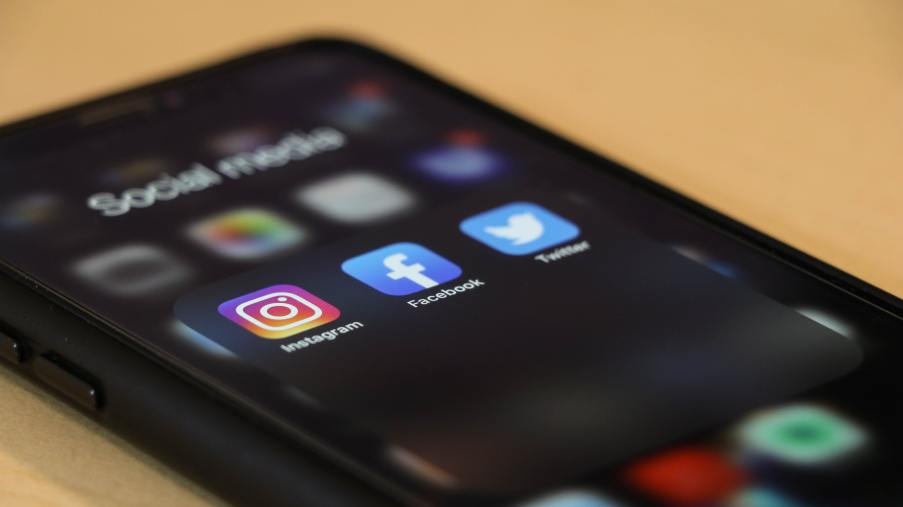
The Clubhouse app opens conversation rooms for a specific topic or discussion at a specific time. It closes the room after the discussion ends. All participants make their audio contributions as the discussion evolves or choose to listen without participating. Essentially, Clubhouse is a huge conference call without video and little control over the flow of the conversation.
Advantages and disadvantages of Clubhouse
From the comparisons above, you can see some clear advantages and disadvantages to presenting content through Clubhouse or a similar app. We summarised a few of these below.
Advantages
- The Clubhouse app is the most interactive of all the options.
- The structure encourages increased participation in discussions.
- Everybody interested in a discussion is guaranteed participation.
- The Clubhouse app hosts discussions and commentaries in real-time.
- You can target audiences more accurately than with other social media platforms or radio stations.
Disadvantages
- The discussion is only available while the conversation room is open. Users can’t download or share the information.
- You sacrifice an ordered conversation in favor of increased participation.
- Hecklers and trolls may prevent you from getting your point across or sharing the intended information.
- Some of your followers may not participate at the scheduled times due to conflicts.
Who should use Clubhouse
The Clubhouse app is closer to a talk radio show than a podcast. The content is unedited and unscripted, and every listener has a chance to contribute, which makes it both better and less controllable than talk radio. If your intent is to engage followers, Clubhouse is the right platform.
From a marketing perspective, Clubhouse is an option to introduce new products or technologies to the market while explaining the benefits and answering questions. The live discussion allows interested parties to ask questions and comment on your product or technology features.
Who shouldn’t use Clubhouse
We wouldn’t recommend discussing controversial topics because of the app’s social media aspect and trolling opportunities unless your marketing strategy relies on conflict to draw in a bigger audience. For instance, controversial talk show hosts appear to welcome controversy (at least on the surface) as a tool for attracting advertisers and selling merchandise based on their massive draw.
If your aim is to provide structured, high-quality, and shareable content, then this app isn’t the right platform for you. As we mentioned before, Clubhouse is a helpful marketing tool for introducing new products or technologies. Still, you’ll also need to use other, more traditional platforms to convey your message.
Conclusion
We set out to answer whether Clubhouse would kill podcasting, and the answer is no. Based on the research and evidence available, Clubhouse has its place, but it doesn’t threaten the future of podcasting. In fact, savvy podcasters employ Clubhouse as an additional tool for building their audience. Attracted by the interaction possible on the Clubhouse app, users are more likely to download the related podcast. Engagement with the podcasting audience increases their loyalty and intention to recommend the podcast to their connections.
Podcasts will be with us and used as a marketing tool for many years to come. As Americans start moving away from the mainstream media and the six companies that control 90% of the content we’re exposed to, podcasts and apps like Clubhouse are increasingly more critical.
Digital & Social Articles on Business 2 Community
(44)




